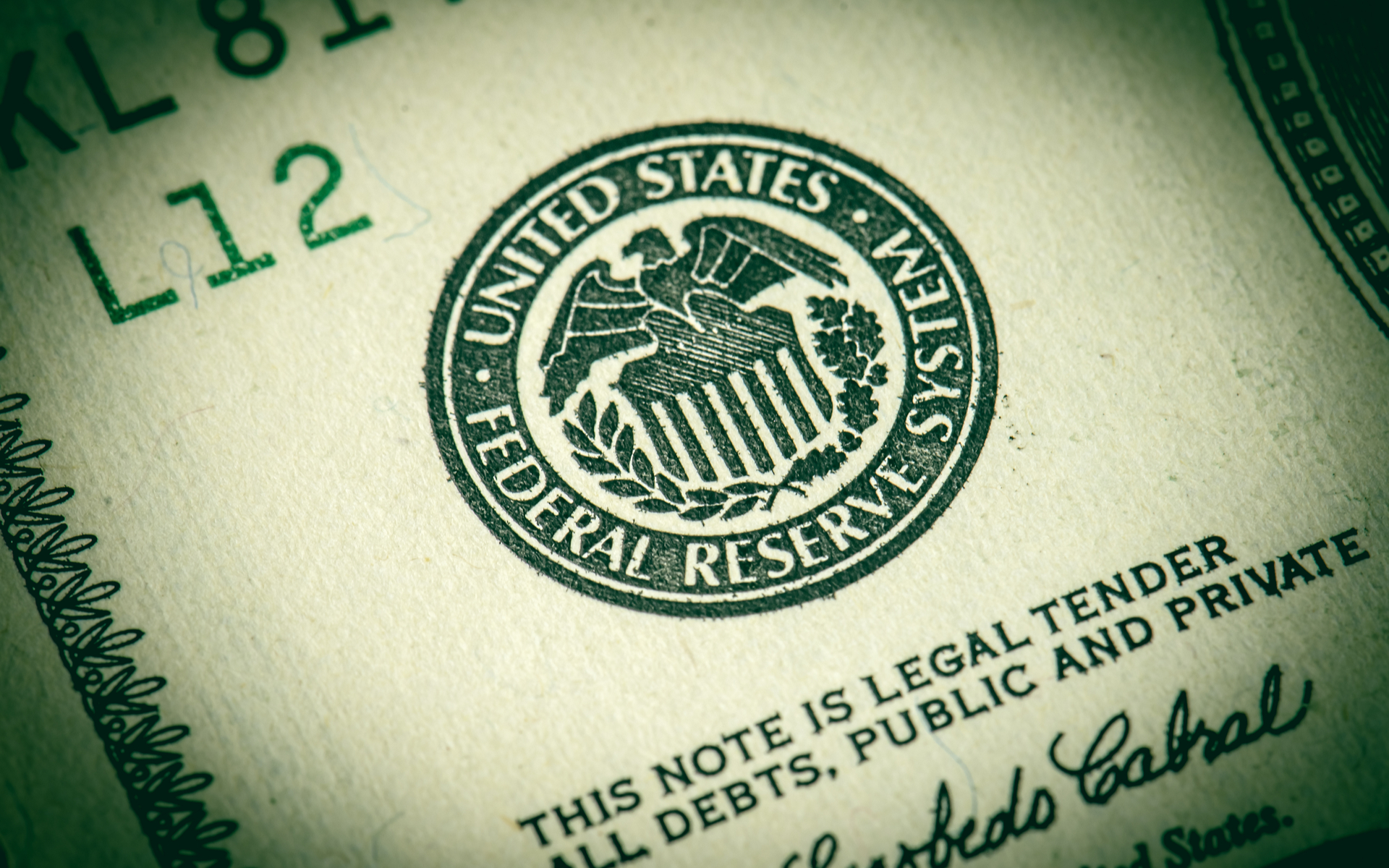PALO ALTO, Calif. (Reuters) - The Federal Reserve is looking at a broad range of concerns around digital payments and currencies, consisting of policy, design and legal considerations around possibly issuing its own digital currency, Guv Lael Brainard stated on Wednesday. Brainard's remarks recommend more openness to the possibility of a Fed-issued digital coin than in the past." By changing payments, digitalization has the potential to deliver greater value and benefit at lower cost," Brainard stated View website at a conference on payments at the Stanford Graduate School of Service.
Central banks worldwide are discussing how to handle digital finance technology and the distributed ledger systems Continue reading utilized by bitcoin, which promises near-instantaneous payment at possibly low expense. The Fed is developing its own day-and-night real-time payments and settlement service and is presently reviewing 200 comment letters submitted late last year about the proposed service's style and scope, Brainard said.
Less than 2 years ago Brainard told a conference in San Francisco that there is "no engaging demonstrated need" for such a coin. But that was before the scope of Facebook's digital currency ambitions were commonly known. Fed officials, consisting of Brainard, have actually raised concerns about the fedcoin consumer defenses and data and personal privacy risks that might be posed by a currency that could enter into usage by the third of the world's population that have Facebook accounts.
" We are collaborating with other central banks as we advance our understanding of central bank digital currencies," she said. With more countries looking into providing their own digital currencies, Brainard stated, that adds to "a set of factors to likewise be making sure that we are that frontier of both research and policy development." In the United States, Brainard stated, concerns that require study include whether a digital currency would make the payments system safer or easier, and whether it could pose financial stability risks, consisting of the possibility of bank runs if cash can be turned digital fedcoin "with a single swipe" into the central bank's digital currency.
To counter the monetary damage from America's extraordinary national lockdown, the Federal Reserve has actually taken unmatched actions, consisting of flooding the economy with dollars and investing straight in the economy. Many of these moves got grudging acceptance even from lots of Fed skeptics, as they saw this stimulus as needed and something only the Fed could do.
My brand-new CEI report, "Government-Run Payment Systems Are Risky at Any Speed: The Case Against Fedcoin and FedNow," details the threats of the Fed's current prepare for its FedNow real-time payment system, and proposals for central bank-issued cryptocurrency that have been dubbed Fedcoin or the "digital dollar." In my report, I talk about concerns about privacy, data security, currency manipulation, and crowding out private-sector competitors and development.
Advocates of FedNow and Fedcoin state the government must create a system for payments to deposit quickly, instead of motivate such systems in the personal sector by lifting regulative barriers. But as kept in mind in the paper, the private sector is supplying an apparently unlimited supply of payment technologies and digital currencies to fix the problemto the degree it is a problemof the time space in between when a payment is sent and when it is received in a savings account.

And the examples of private-sector development in this location are many. The Cleaning Home, a bank-held cooperative that has been routing interbank payments in various kinds for more than 150 years, has actually been clearing real-time payments because 2017. By the end of 2018 it was covering half of the deposit base in the U.S.